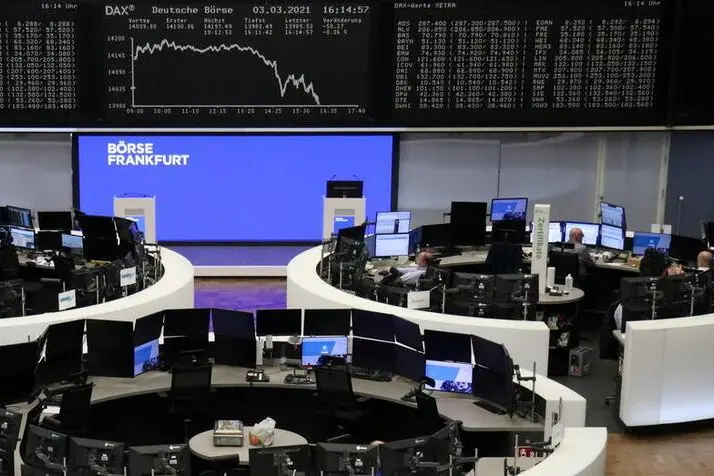PHOTO
FRANKFURT - Wintershall Dea's strong quarterly earnings are unlikely to be sufficient to prompt a speedy resurrection of the German oil and gas producer's postponed initial public offering (IPO), its CEO said on Tuesday.
The company, owned jointly by BASF and Russia's LetterOne, posted a 140% jump in second-quarter core earnings before exploration expenses, hitting 636 million euros ($750.10 million) thanks to firmer oil prices and reduced spending.
The upbeat results come a little more than a month after Wintershall Dea postponed its IPO plans, with BASF saying the market environment was not right.
"Our shareholders cited two reasons, which are still very recognisable," Wintershall Dea CEO Mario Mehren told Reuters on Tuesday.
"Namely, medium and long-term commodity prices have not risen as much as spot prices, and market valuations of oil and gas companies are lower than they expected."
He said the decision on whether to go ahead with the IPO was in the hands of BASF and LetterOne and that future cashflow expectations are being capped by some commodity prices for 2022-2024 pointing downwards.
The Brent crude oil price hit $77 a barrel in early July, its highest since 2018, but has since dropped below $75. O/R
While Wintershall Dea's production rose 1% in the quarter, capital expenditure was down 37% at 223 million euros.
Wintershall has also completed paying 600 million euros in total dividends this year after suspending its 2020 payout.
Mehren said that investors should be guided by the company's commitment to reach net zero emissions by 2030 in its upstream activities and its focus is on energy transition businesses such as clean hydrogen and carbon capture and storage (CCS).
The company is pursuing or assessing CCS project possibilities in Denmark, the Netherlands and Norway.
Separately, it said on Tuesday that it had completed the conversion to a joint stock company under the name Wintershall Dea AG as a legal precursor for an eventual IPO. ($1 = 0.8479 euros)
(Reporting by Vera Eckert Editing by Madeline Chambers and David Goodman) ((vera.eckert@thomsonreuters.com; +49 30 2201 33654; @EckertVera;))





















